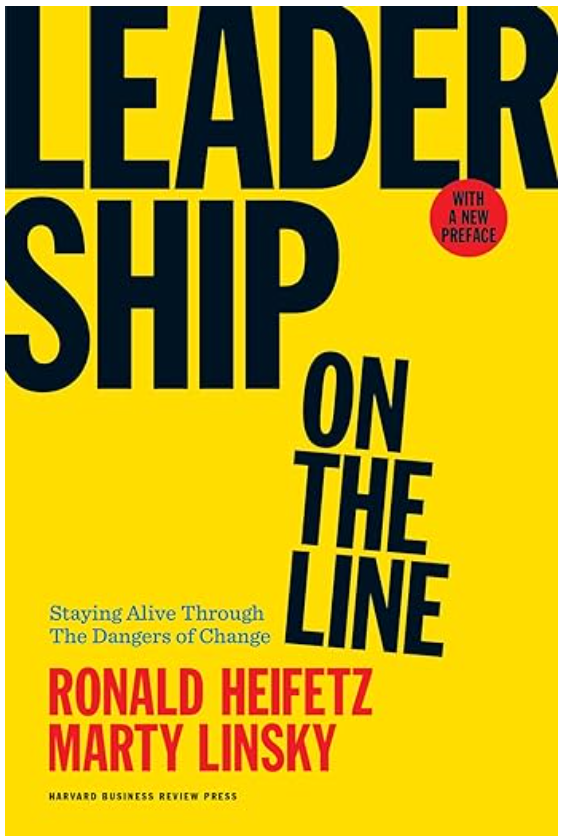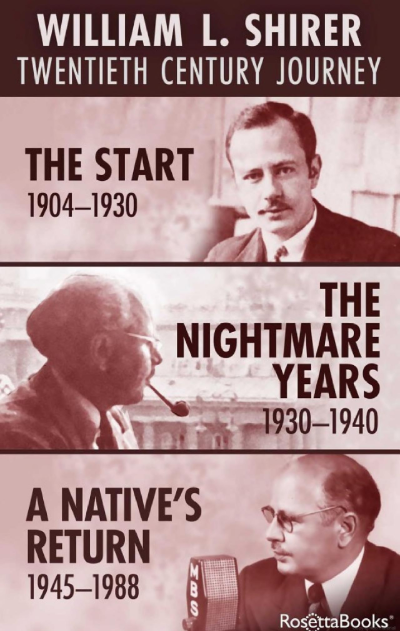Lead It Like Lasso offers profound leadership insights inspired by Ted Lasso, the beloved fictional football coach from the hit series Ted Lasso. When Ted first took charge of AFC Richmond, he was dismissed as a clueless “wanker” by the team, the town, and even the entire country. But beneath the surface, Ted possessed a deep understanding of leadership—one that extended far beyond winning matches. His mission? To help others grow into the best versions of themselves.

Lessons in Leadership from Ted Lasso
Ted Lasso isn’t your typical sports coach. His unique leadership style goes beyond tactics and strategy, focusing instead on inspiring his team to reach their full potential. In Lead It Like Lasso, you’ll uncover key lessons from Ted’s approach that can transform not only workplaces but all aspects of life.
Much like the series, Lead It Like Lasso provides a refreshing, unconventional take on what it means to lead. Packed with insightful anecdotes, practical advice, and a fresh perspective, this book isn’t just for CEOs or managers—it’s for anyone striving to lead with purpose.
A Leadership Philosophy for Life
Ted Lasso’s leadership philosophy is built on a simple, yet powerful truth: leadership is a way of life. Whether you’re leading a team, a family, or a community, the same principles apply. Ted’s ability to inspire both on and off the field is what makes him such an enduring and relatable leader.
If you’re ready to embrace leadership that prioritizes growth, connection, and purpose, Lead It Like Lasso is a book you won’t want to miss.
Building Relationships
Ted Lasso’s leadership philosophy prioritizes relationships over results. Rather than focusing solely on winning at all costs, Ted invests in cultivating strong connections with his players and staff. He understands that a team’s success isn’t just about individual talent; it’s rooted in the cohesiveness and positivity of the group. While this approach may seem unconventional in the fiercely competitive world of professional sports, it ultimately proves to be his greatest strength.
Throughout the series, Ted embodies qualities like empathy, optimism, and adaptability. He listens to his players’ personal struggles, helping them overcome obstacles off the field—empowering them to perform better on it. His unwavering belief in his team and his infectious positivity inspires them to work harder and believe in themselves, creating a culture of trust and motivation.
The Power of Vulnerability
Lead It Like Lasso teaches valuable lessons about vulnerability in leadership. Ted’s willingness to be open and honest with his team fosters deeper connections and a stronger bond. By sharing his own struggles and uncertainties, he creates a safe space where others feel comfortable expressing themselves. This not only strengthens relationships but also enhances problem-solving and decision-making. In a world where leaders are often expected to appear infallible, Ted reminds us that vulnerability isn’t a weakness—it’s a powerful leadership tool.
Leading with Empathy
Empathy is another cornerstone of Ted’s leadership style. His genuine care for his players and staff extends far beyond winning games. Ted takes the time to understand their unique backgrounds and personal challenges, creating an inclusive, supportive environment that boosts morale and fosters trust. By deeply investing in his team, he earns their respect and loyalty, which translates into stronger performance on and off the field.
The Impact of Positivity
Ted’s optimism is contagious. Even in the face of setbacks, he encourages his team to maintain a positive outlook. His resilience and ability to find silver linings inspire his players to do the same, creating a ripple effect of hope and determination. As leaders, we can learn from Ted’s example by staying optimistic and fostering a positive environment, even when challenges arise.
Adapting to Lead
Adaptability is another hallmark of Ted’s leadership. He consistently adjusts his approach to meet the evolving needs of his team and the circumstances around them. Ted recognizes that there’s no one-size-fits-all formula for leadership—what works for one person or situation may not work for another. By remaining flexible and open to change, he ensures his team’s continued growth and success.
Team Building and Collaboration
Ted knows that a leader’s success is directly tied to the strength of their team. That’s why he focuses on creating a collaborative, empowering workplace where every member feels motivated to contribute their best. He fosters open communication, encouraging honest feedback and teamwork to address conflicts and improve dynamics.
Beyond communication, Ted emphasizes development. He ensures his team has access to resources and opportunities for learning and growth, whether through training, new challenges, or mentorship. This commitment to continuous improvement not only elevates individual performance but also strengthens the entire group.
Valuing Diversity
Ted also champions diversity within his team, recognizing the value of different perspectives and ideas. He believes that bringing together people with varied backgrounds leads to innovative solutions and a deeper understanding of challenges and opportunities. By actively embracing diversity, Ted builds a stronger, more well-rounded team.
Prioritizing Work-Life Balance
A final lesson from Ted’s leadership is the importance of work-life balance. He encourages his team to take breaks, prioritize self-care, and maintain healthy boundaries. This focus on well-being creates happier, more productive, and creative individuals, proving that a balanced approach benefits everyone.
How to Use This Book
This isn’t your average leadership guide. It’s engaging, inspiring, and packed with actionable insights—as if Ted Lasso himself were rooting for you every step of the way. Through Ted’s lessons, we uncover a simple truth: becoming a better leader begins with becoming a better person.
Grab a pencil—or maybe even a whiteboard—and get ready to dive into interactive exercises designed to help you:
- Define your core values and explore how culture drives growth.
- Create a compelling vision and purpose to guide your personal and professional goals.
- Build a personal operating system to stay focused and communicate with clarity.
- Master communication strategies to strengthen relationships and expand your network.
- Visualize your legacy and develop a clear plan to bring it to life.
Final Thoughts
Lead It Like Lasso showcases the transformative power of empathy, vulnerability, and optimism in leadership. By prioritizing relationships, embracing challenges, and promoting inclusivity, Ted Lasso offers a practical playbook for leaders aiming to inspire and empower their teams. Whether you’re coaching a sports team or managing a workplace, these lessons will help you cultivate a culture of trust, collaboration, and success.











